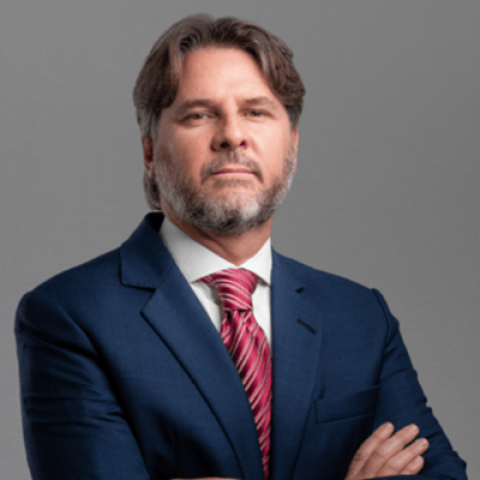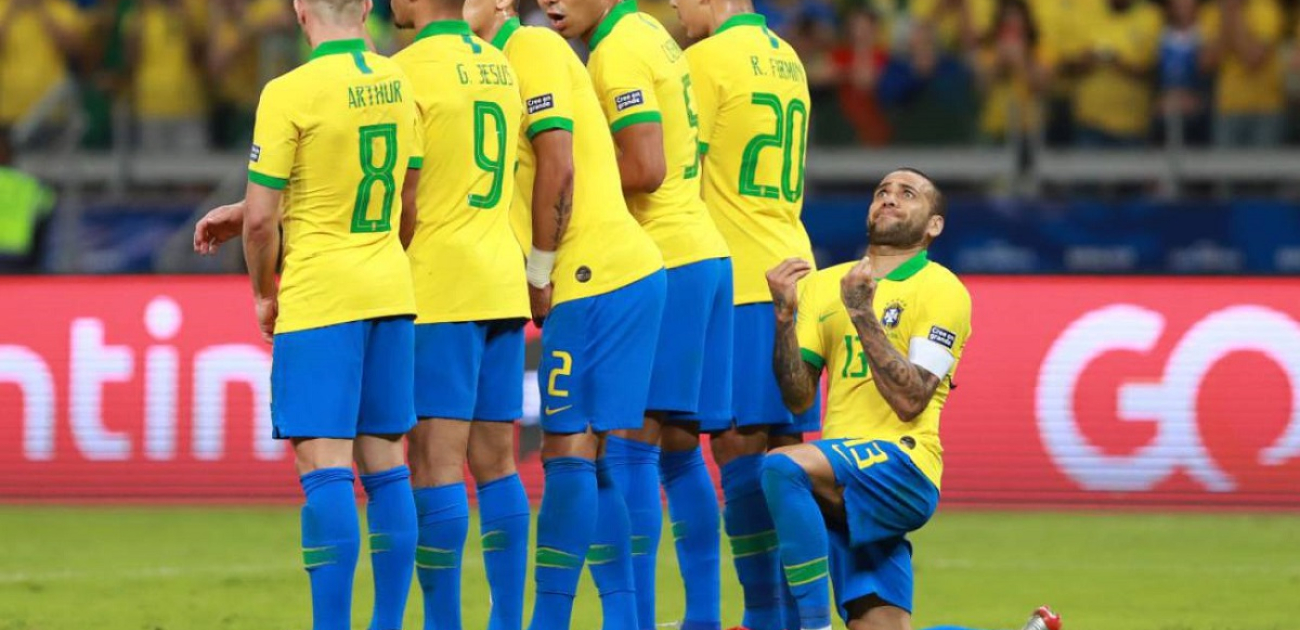Daniel Alves is a phenomenon
Daniel Alves is a phenomenon.
He was champion for Bahia (Northeast Cup), Sevilla (Uefa Cup, Uefa Supercup, King's Cup and Spanish Supercup), for Barcelona (La Liga, Spanish Supercup, King's Cup, Uefa Supercup, Champions League and Club World Cup), by Juventus (Italian Championship and Coppa Italia) and by PSG (French Championship, Coupe de France, League Cup and French Supercup).
He also won titles with the Brazilian national team: Confederations Cup (twice) and Copa América (two others).
Revered and admired, he surprised the football world, the year before last (2019), by choosing the most difficult path for his career at that moment: the pressure and existential tension of his team at heart, which had not won a priority title for more than a decade. - the Copa Sudamericana is, yes, important, but it is not and should never be a priority for São Paulo -, instead of a millionaire team from a secondary country (United States, China, etc.), which would give it local status and lots and lots of money - more, in fact, than he gets from his current employer.
At the age of 36, Daniel Alves became, then, the hope of the Tricolor reunion with the glories of the past .
The expectation about him and the deficiencies of the squad forced him to reinvent himself, something that eventually happens with players, with more advanced age, of similar technical level, but not in ultra-competitive championships like the Brazilian and Libertadores.
In addition to being phenomenal, Daniel Alves is brave. He thus came to occupy the most important position on the field, which demanded and still requires a physical effort compatible with that of a young man at the beginning of his career.
In this new role, he can even make mistakes - as, by the way, all players, without exception, make mistakes -, but he doesn't surrender. It hits much, much more than it misses. He fights, runs and wants, it is seen in his attitudes, the victory, always the victory.
Since São Paulo rocked the Brazilian championship, when he doesn't play or when he plays poorly, the team weakens (technically and psychologically). Not out of bad faith or ill will - I believe it with conviction - but because Daniel Alves became essential, on and off the field.
Yes: the maturing, growth and acquisition of security of young promises from Cotia passes through Daniel Alves, who were raised early to the title by contingency (and not by planning), and who, against the conviction of certain top hats, the fans and the press , have become, to a lesser or greater degree, revelations of competition.
Indeed, almost no one believed in Daniel Alves' team at the beginning of the championship.
But the festive reverence began to turn into venomous criticism (grudging, angry and, perhaps, vindictive) with the defeat to Grêmio in the first match of the semifinals of the Copa do Brasil - another contest in which São Paulo did very well, with successes over popular opponents and reputed favourites.
After a few days - or hours - of that negative result, no one remembered that, in addition to having played much more than the opponent, São Paulo could have left there with a positive result if Brenner didn't lose a goal he didn't usually lose ( and, here, there is no criticism of the young attacker); goal scored, really scored, the kind that even my grandmother would do, thanks to whose flawless pass? By Daniel Alves. And if Luciano - a player who is proud to watch -, had also not wasted another opportunity, almost as unmissable as the one mentioned above, created by whom? Daniel Alves - him, again.
Despite being the heart and brain of the team - in addition to being the most successful, sportingly and financially -, Daniel Alves has never, at least publicly, pointed the finger at one or another teammate; he behaves, nobly, alongside Tchê Tchê, Gabriel Sara and Vitor Bueno, as if he were shouldering Messi, Iniesta and Xavi.
Daniel Alves has been demonstrating, even in the face of adversities - which are also internal, as it is known, since the electoral campaigns in Morumbi, that the current board did not consider him, and does not consider him, in their plans - that he has the brio and Tricolor soul.
In the last 11 years, almost no São Paulo team has come so close to a major title. During this period, dozens of (former) players and coaches failed, some of which are now seen as solutions to a problem that is not conjunctural - but only structural - and is reflected in the changing rooms and on the field.
The last great hero, since 2008, was Hernanes, who did not win the cup, but saved São Paulo from relegation, in 2017.
Both Hernanes, that season, and Daniel Alves, led inferior squads - perhaps much inferior - to their rivals, such as, to name 3 in the current championship, Flamengo, Palmeiras and Galo.
Daniel Alves has, around him, a group that, without him, would have, long ago, been left behind in the competition - if, at some point, it would reach national protagonism, with overwhelming victories over Flamengo and Galo .
He is therefore not the problem, but part of the solution.
If not for the 2020 championship - which will end in 2021 -, at least to give continuity and structure to 2021 and the following years, both as a player, as long as you have the availability to face the insane schedule of games to which teams and players are subjected. Brazilians, and later, in the role of manager.
Unfortunately, the same structure that, for years, has been destroying what seemed indestructible - Brazil's greatest international champion - needs, in this moment of acute crisis, to deliver someone to the angry mob to prove itself messianically savior.
São Paulo, from a referential club - which was even able to offer its last breaths to Adriano, the Emperor -, became, some time ago, the destroyer (and detractor) of great footballers - and human beings.
And that under the aegis of the same structure and the same axis of power.
This path will not exempt - and no longer exempt - the club from consequences: who will choose it, as a first option, knowing the way their players - and idols - are treated, without protection from their own people?
In the tricolor dramatic narrative, Daniel Alves would be Jesus Christ - may the Christians forgive me -, while, for Judas, the role would serve a score of small to "big" top hats.
Do you want more information?
 Rodrigo Monteiro de Castro
Rodrigo Monteiro de CastroRodrigo Monteiro de Castro is specialized in corporate and business laws, corporate transactions (M&A), capital markets and contracts.

